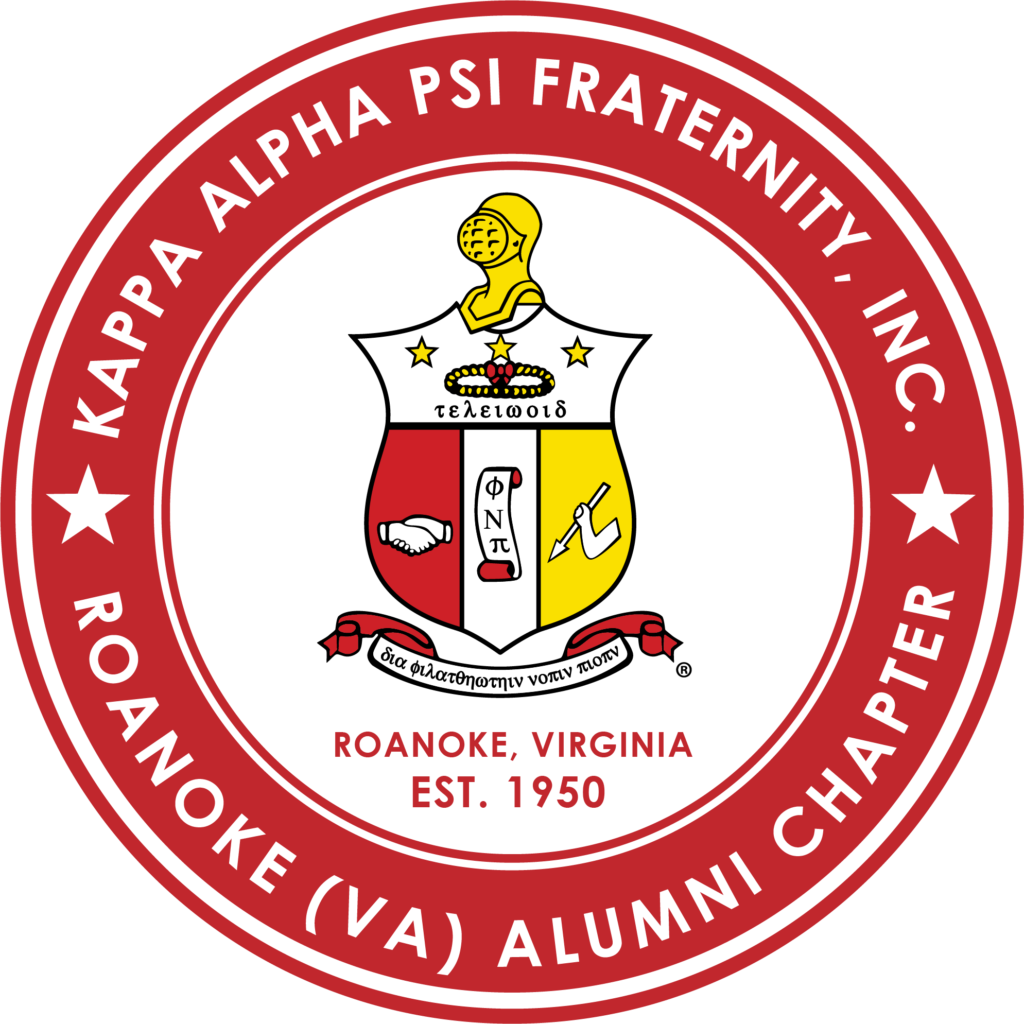National History Overview
Kappa Alpha Psi Fraternity, Inc. is one of the oldest collegiate Greek-letter fraternities with a predominantly African American membership. Founded on the campus of Indiana University on January 5, 1911, the Fraternity has always welcomed men of all races, creeds and national origins. Today, Kappa Alpha Psi boasts over 250,000 members, with a total of more than 700 undergraduate and alumni chapters across nearly every state in the U.S., as well as thirteen international chapters in countries including Nigeria, South Africa, Bermuda, the Bahamas, U.S. Virgin Islands, Panama, the United Kingdom, Germany, South Korea, the Dominican Republic, Abu Dhabi, Canada, and Japan.
Kappa Alpha Psi is also proud to be the first member of the National Pan-Hellenic Council (NPHC) to be incorporated as a national body, a milestone documented by the Kappa Alpha Psi Midwest Provinces Newsletter.
The president of the national fraternity is known as the Grand Polemarch, who appoints a Province Polemarch to oversee each of the 12 provinces (districts/regions). Kappa Alpha Psi is home to numerous distinguished members recognized as leaders in fields such as the arts, athletics, business, civil rights, education, government, and science—both locally and on the national and international stages.
The Kappa Alpha Psi Journal has served as the official magazine of the Fraternity since 1914. Frank M. Summers was the magazine’s first editor, and he later on became the 14th Grand Polemarch.
The fundamental purpose of Kappa Alpha Psi is achievement, and the Fraternity has made lasting contributions to political, social, cultural and academic progress. Through the Kappa Alpha Psi Foundation, the Fraternity sponsors programs focused on community service, social welfare, and academic scholarship. Kappa Alpha Psi is also a proud supporter of organizations like the United Negro College Fund and Habitat for Humanity.
Kappa Alpha Psi is a member of both the National Pan-Hellenic Council (NPHC) and the North American Interfraternity Conference (NIC). It is the first predominantly African American Greek-letter society founded west of the Appalachian Mountains still in existence, and is known for its iconic “cane stepping” in NPHC-organized step shows.
Our Founders
The 10 men who founded Kappa Alpha Psi Fraternity, Inc. were dedicated to the principles of achievement through a truly democratic fraternity. They are:
|
|
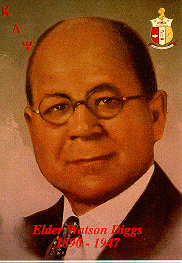
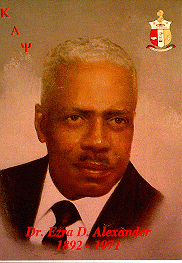
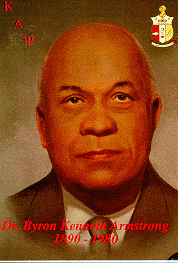
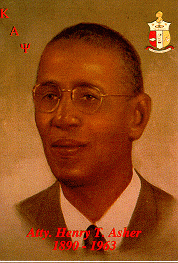
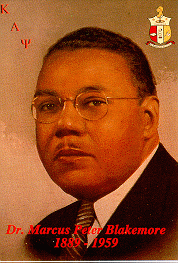
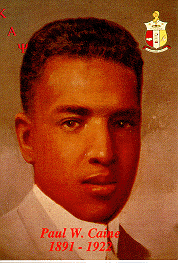
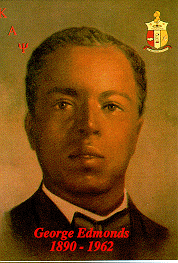

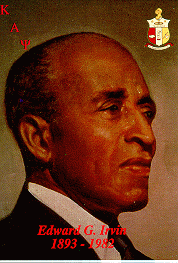
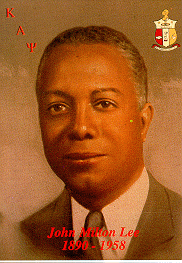
The Founders worked diligently to establish a solid foundation for the Fraternity before setting their sights on expansion. By the end of the first year, they had completed the Ritual and begun designing the Coat of Arms and crafting the Fraternity’s motto.
While the roots of the Fraternity may date back to 1903 at Indiana University, there were not enough members to ensure its survival. In that year, a club called Alpha Kappa Nu was established, but it quickly faded away. There is no record of a similar organization at Indiana until the founding of Kappa Alpha Nu on the night of January 5, 1911, by 10 African American college students.
During this time, there were very few African American students at the predominantly white campus in Bloomington, Indiana set against the backdrop of Jim Crow laws. African American students rarely encountered one other on campus and were often discouraged—or outright prohibited—from participating in student functions and extracurricular activities by white college administrators and fellow students. They were also excluded from most athletic teams, except for track and field. The racial prejudice and discrimination encountered by the Founders only deepened their bond of friendship and fueled their desire to form a social organization. From the beginning, the Founders’ goal was clear: to create a fraternity grounded in Christian ideals, dedicated to achievement, and open to men of all races and social classes.
